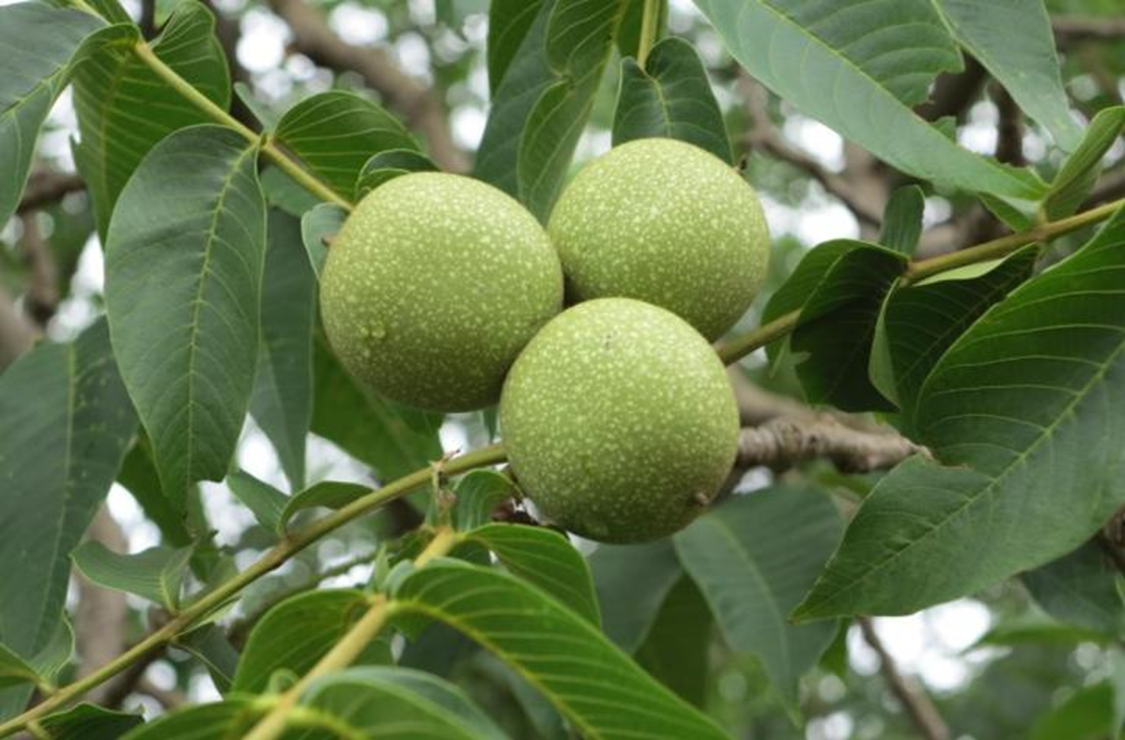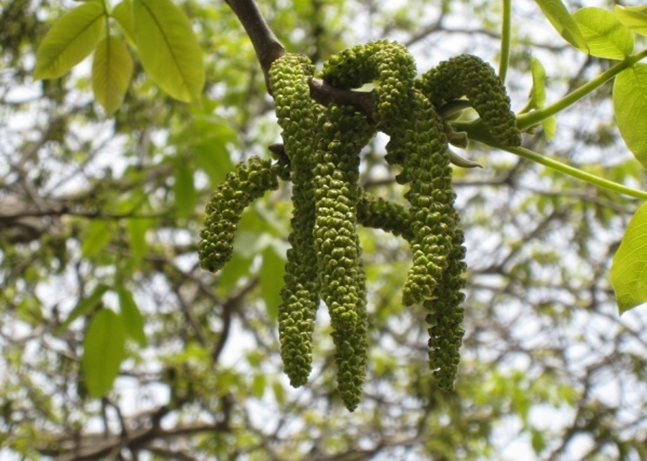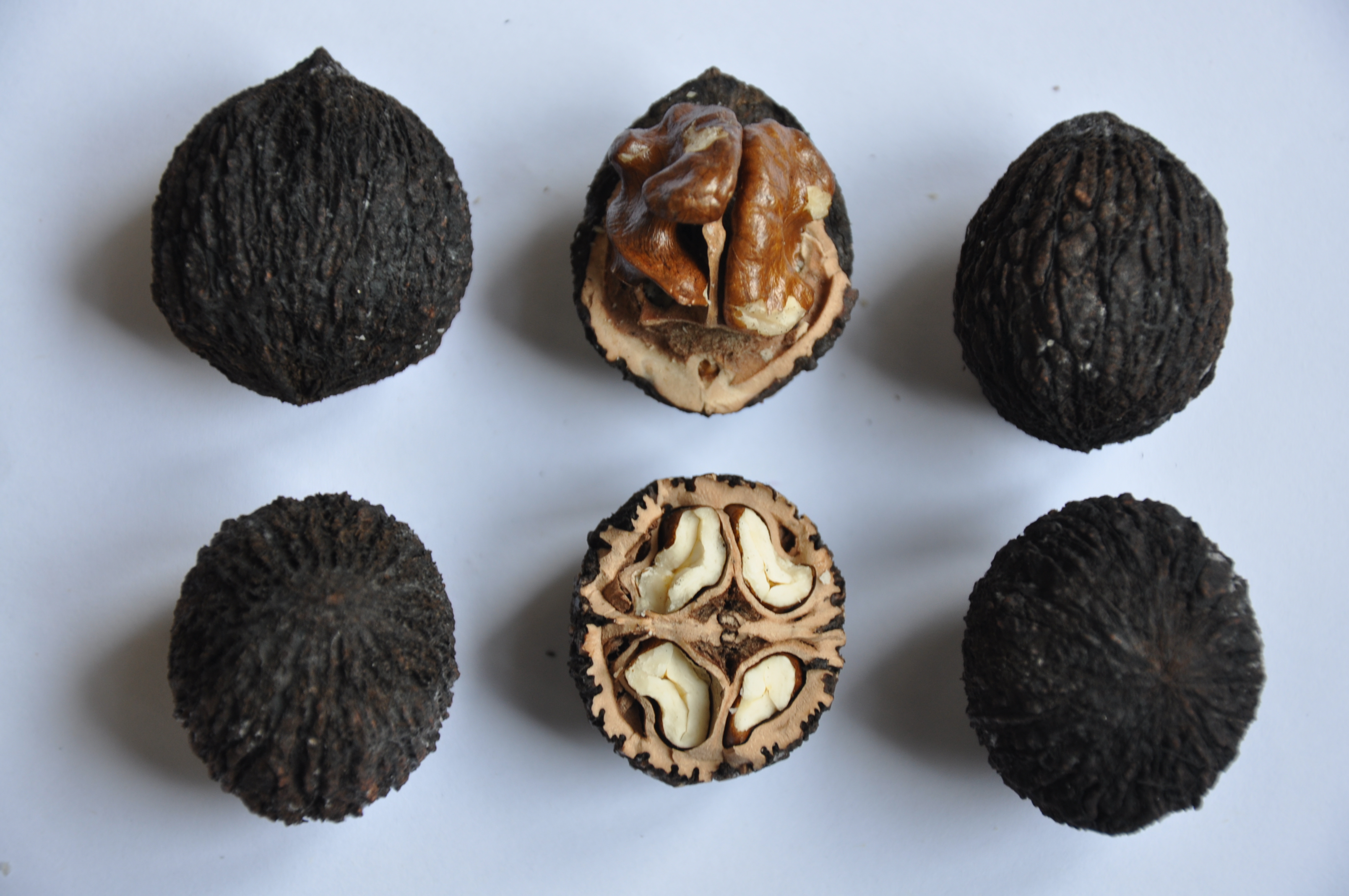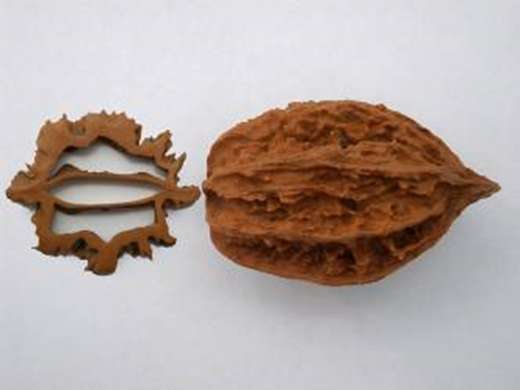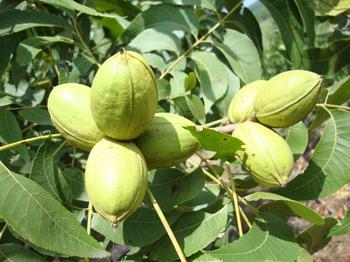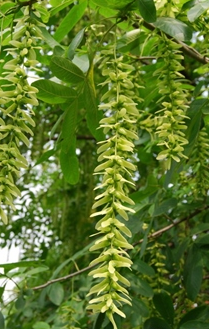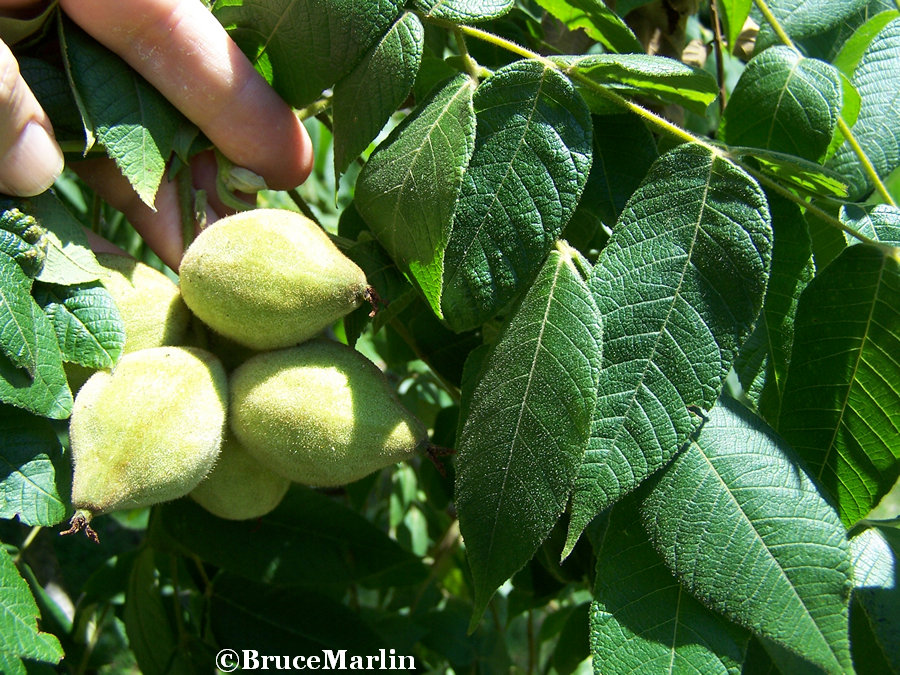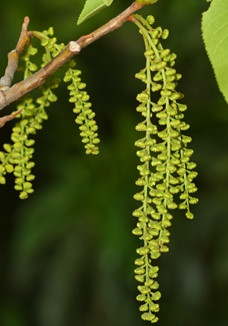Introduction
The Juglandaceae, also known as the Walnut Family, is a family of deciduous, resinous trees, or rarely shrubs, in the order Juglandales. It contains 9 genera and 60 or more species. Members of this family are widely distributed in the temperate regions of Asia, Europe, North America, South America and Oceania, mostly to the north temperate zone. Many of these species, especially species of genera Juglans and Carya, are commercially important for their nutritious nuts, high-quality wood, nut oil, and medicinal uses, as well as ecological value such as water conservation, carbon fixation and oxygen releasing, and urban landscaping. Thus, they have been cultivated, domesticated and utilized by human society for a long time. With the advent of the era of genomics, the sequencing of the walnut genome has been greatly accelerated, and a great amount of data has been generated. Digital Walnut (DW) now houses multiple versions of whole genome assembly and annotation data from 11 species. Annotated and searchable reference transcriptomes, combining peer-reviewed published RNA-Seq as well as EST datasets, protein sequences, and miRNAs are available for major walnut species. DW provides a one-stop resource for users to browse, search and download data for researches of Juglandaceae plants.
Quick Start
Species list
News
- 1
May. 2020: The reference genome of Juglans regia L. was published in Gigascience
DOI: 10.1093/gigascience/giaa050 - 2
Feb. 2020: The reference genome of Juglans sigillata was published in Gigascience
DOI: 10.1093/gigascience/giaa006 - 3
Jan. 2020: The reference genome and gene annotations of Juglans regia in Plant Biotechnol J.
DOI: 10.1111/pbi.13350 - more




